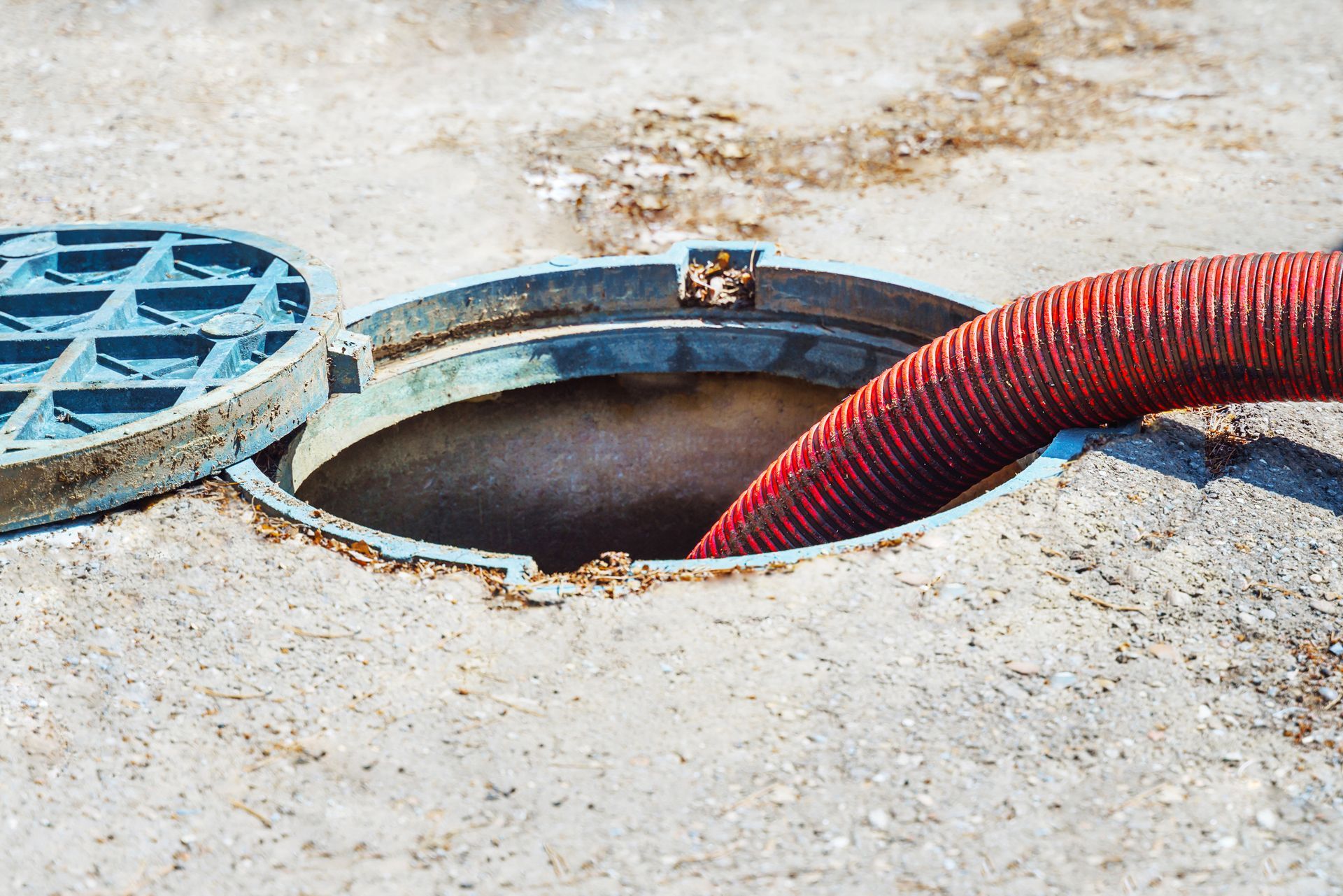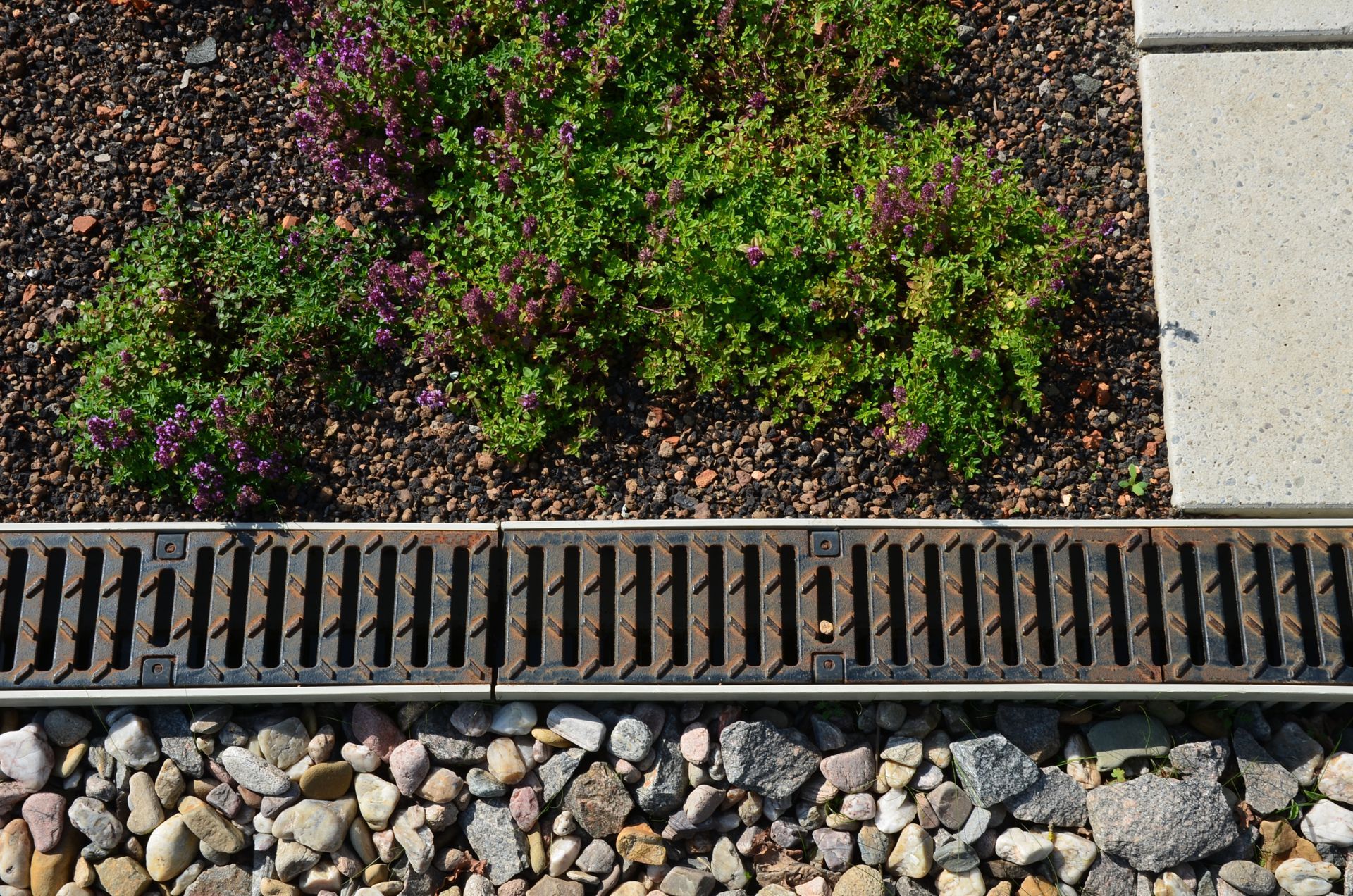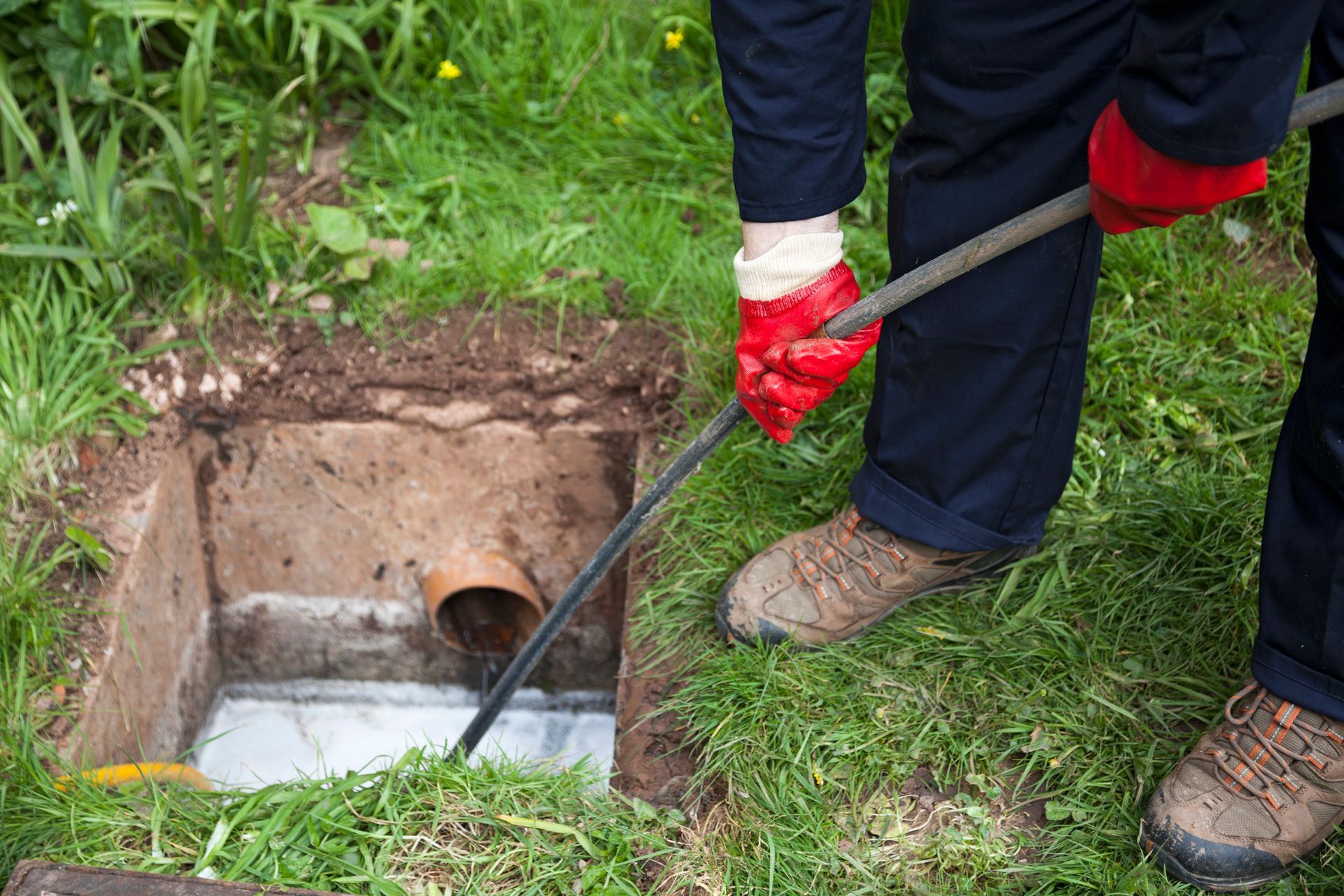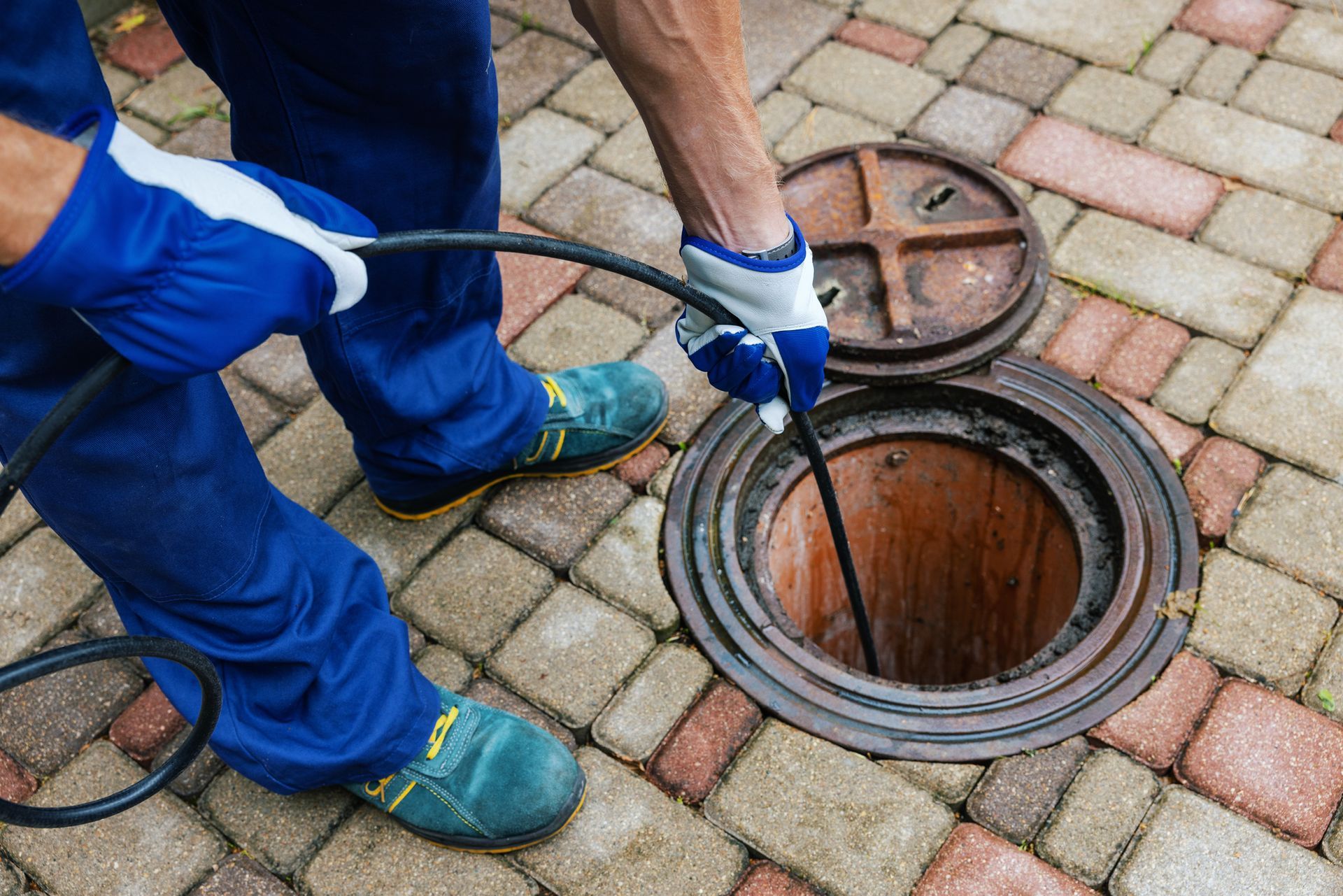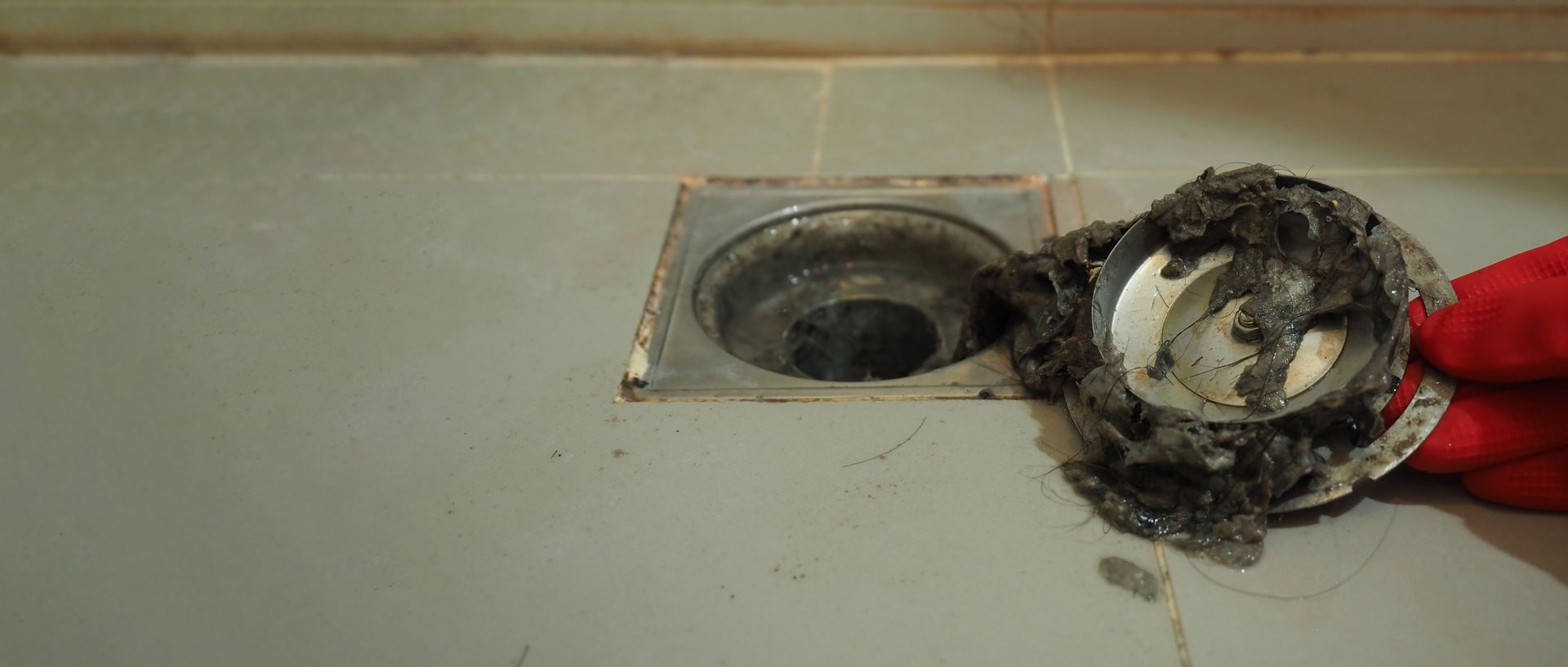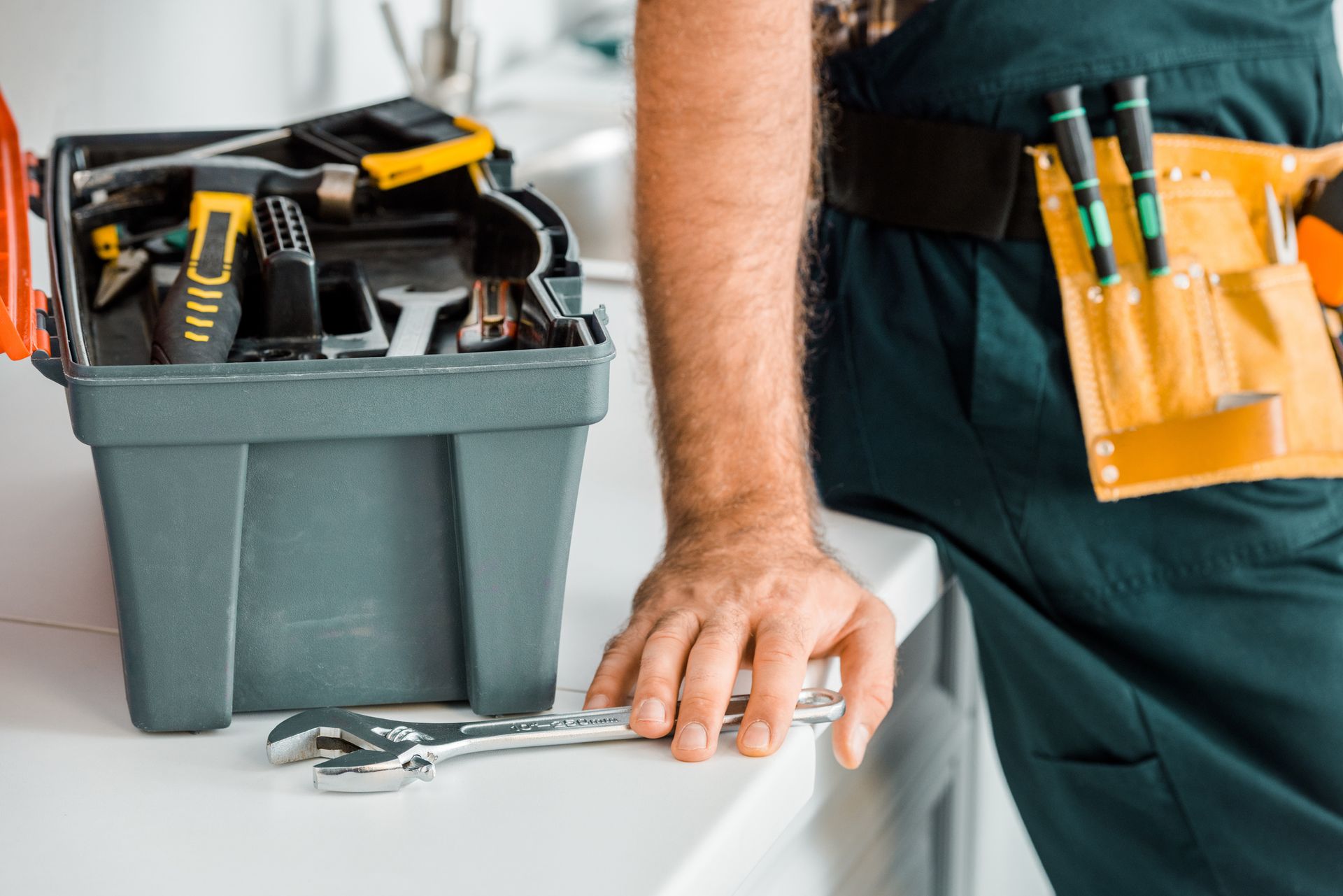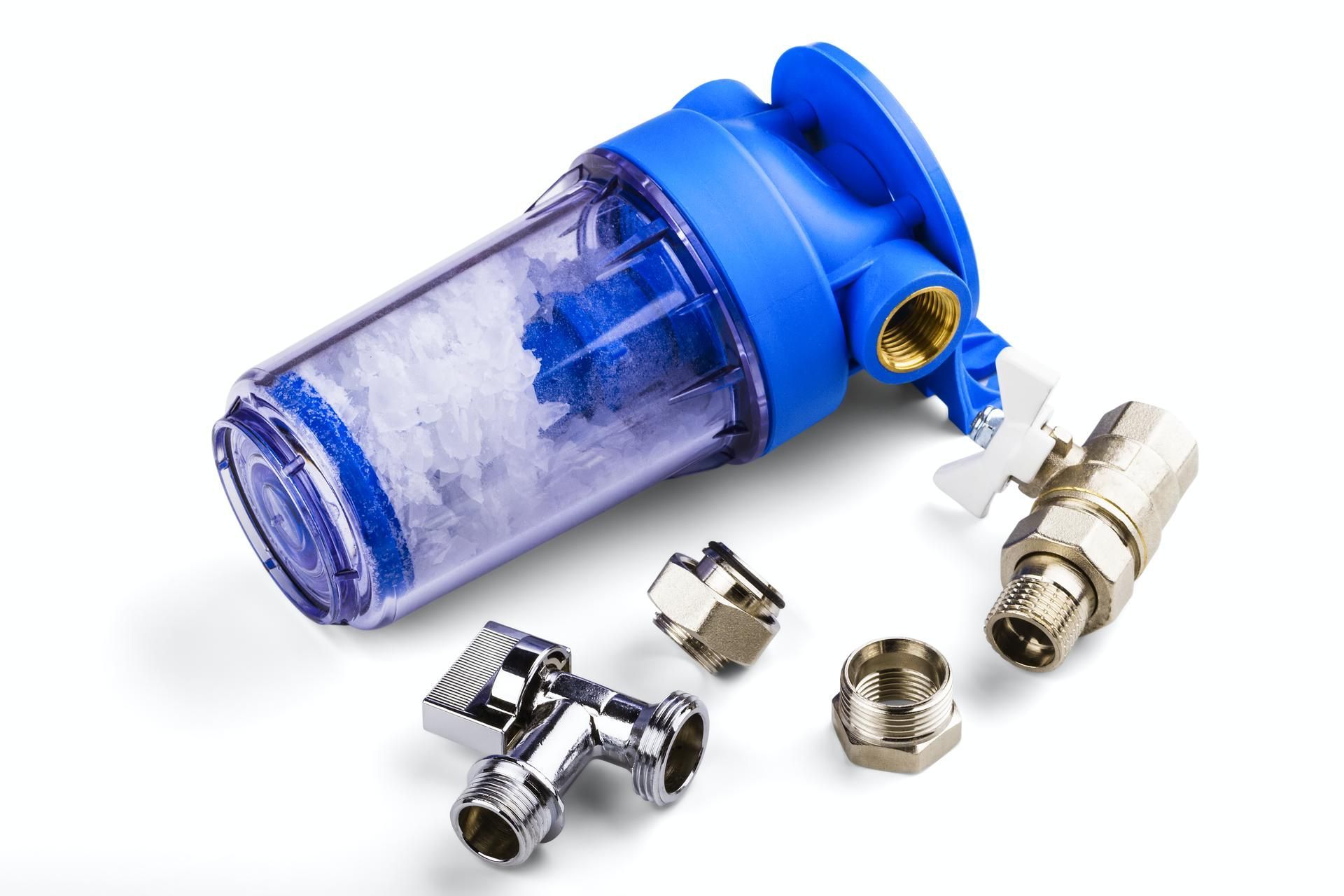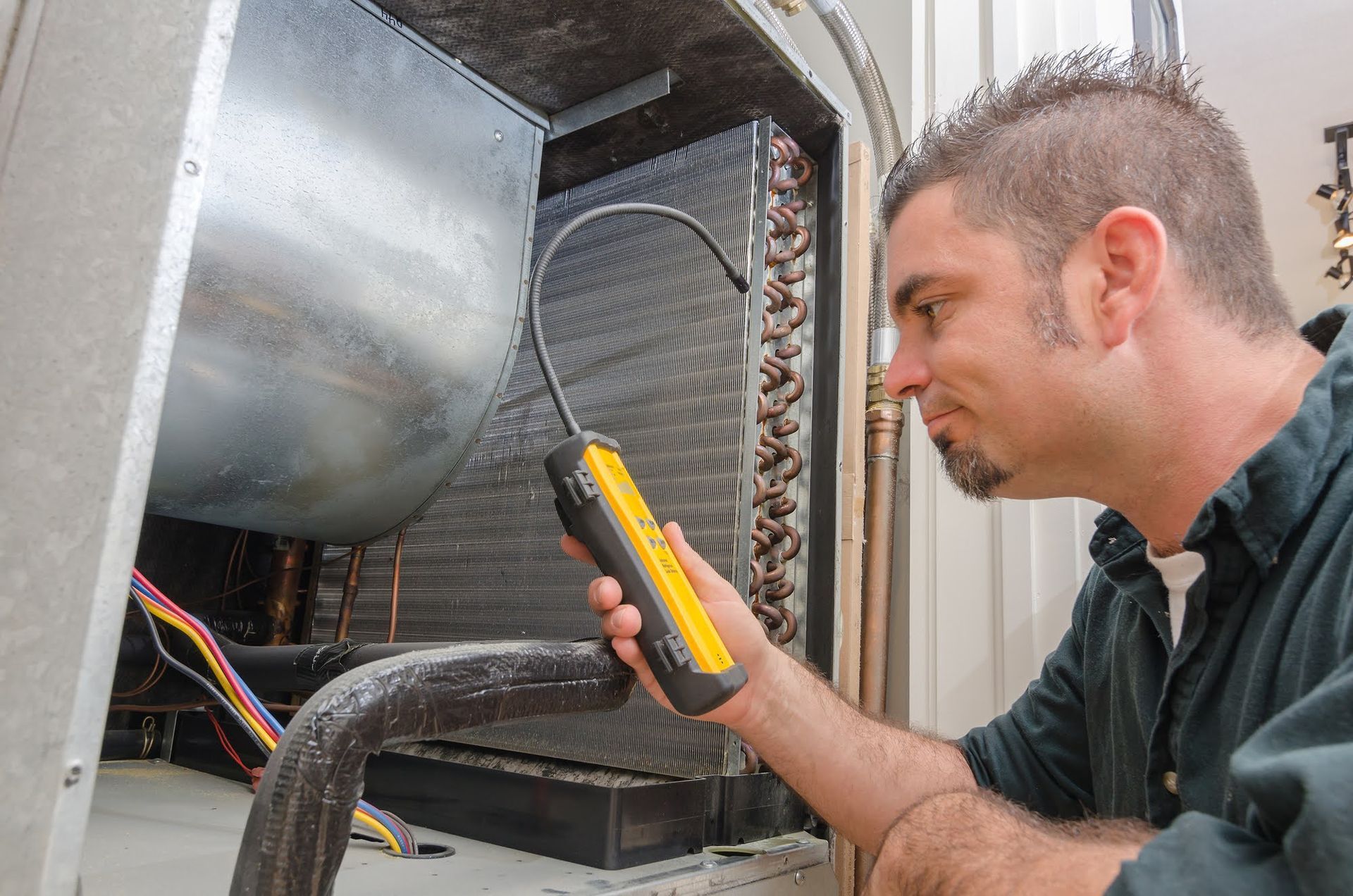5 Reasons Your AC Unit Is Not Working
It's summer, and your air conditioner is blowing warm air; something must be wrong! Luckily, this is a common HVAC malfunction that you can sometimes solve from home. Take a look at these five causes of your air conditioner blowing warm air and how you can fix it.
1. Dirty Air Filters
Air filters have no direct relation to air temperature. However, when the filter accumulates dust and debris from your home, it gets dirty and clogged, restricting proper airflow through the system. The dirty air filter will cause strain on the air conditioner, which then causes it to blow warm air.
An easy solution would be to clean or replace the air filter every 30 to 60 days, depending on your usage, climate, and filter type.
2. Frozen Evaporator Coils
Besides dust and debris, your air conditioner also extracts heat from your home's air through the evaporator coil to initiate a cooling process. The evaporator coil works alongside the condenser to condense the heat into humidity. This is the reason why air conditioners have a pan and condensate drain to catch the moisture and move it out of the system.
As the moisture collects in the air conditioner, the evaporator coil may freeze, preventing heat transfer between the evaporator coil and the condenser coil. Eventually, this will cause your unit to blow warm air. The evaporator coil may also freeze due to a lack of proper airflow into the system caused by foliage, shrubbery, a buildup of dust, algae, and dirt in the condenser.
To solve this issue, shut off power to your AC unit, open the system, and assess the coils. If you see frost, give it time to thaw and clean up the coils to remove debris.
3. Wrong Thermostat Settings
It may seem unlikely, but you may feel warm air from the air conditioner because the settings on your thermostat read On for the blower fan or are set to Heat.
Simply change the settings to cool, auto, or a comfortable temperature. During the cooling season, you can set the thermostat to around 78 degrees Fahrenheit, and 7 to 10 degrees higher while away from home. Lastly, check the batteries to see if they are working and replace them if need be.
4. Lack of Electricity Due to a Circuit Break
For the air conditioner to work effectively, the indoor and outdoor components must run complete cooling cycles to deliver cool air in the home. If the power supply to your outdoor unit is interrupted, say by a circuit break or lack of power, the indoor unit will overwork itself causing warm air to blow through the vents.
Troubleshoot the problem by checking your electrical panel. If you find the breaker has tripped, reset it and check if the power supply is set to On. Also, ensure the power you're using isn't too much as it will cause another circuit break.
5. Refrigerant Leaks
Lastly, your malfunctioning air conditioner could be because of a low refrigerant. If the coolant leaks, there won't be enough charge to complete its cooling cycles, causing warm air.
Other signs to confirm it's a refrigerant leak include:
- A worn-out service valve
- Frozen evaporator coils
- Overcharged or undercharged refrigerant
- Loose joints or poor assembly in the unit
- High electric bills without explanation
Homeowners shouldn't repair refrigerant leaks at home. The job requires a certified HVAC technician aware of the toxicity, flammability, and other ailments related to the refrigerant. Therefore, seek professional assistance.
Schedule a Professional AC Repair
You can easily fix four out of five of these causes at home. However, there could be other issues only a professional can spot and address, so you're better off getting professional assistance. With this in mind, we recommend you contact Garden Spot Mechanical today for repairs and maintenance services.

